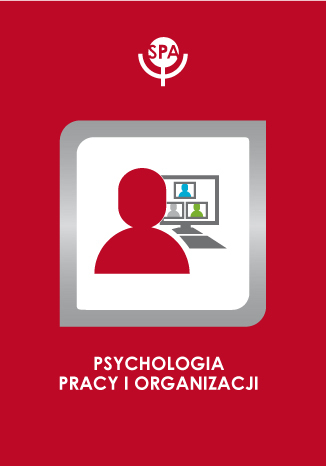Array
(
[id] => 115
[date] => 2017-12-12
[doi] => 10.14691/CPPJ.23.2.257
[title] => (Bez)interesowność wolontariatu. Koszty i zyski psychologiczne w pracy wolontariuszy hospicyjnych
[title_en] => VOLUNTARY SERVICE – SELFLESS OR SELFISH? PSYCHOLOGICAL COSTS AND BENEFITS OF WORKING AS A HOSPICE VOLUNTEER
[authors] => Aleksandra Dembińska
[abstract] => The aim of this article was to analyse selflessness of the work of hospice volunteers. The theoretical framework for the study comprised the concept of psychological costs, developed by Zofia Ratajczak, and the original concept of psychological benefits, psychological balance, and the role of hope as a state and trait influencing one’s behaviour. The conducted study had a qualitative nature — its tools included a hermeneutical interview, a sentence completion test, and J.Makselon’s tool for measuring perception of life time passage. The study group consisted of eight female volunteer workers from Silesian home hospices. The analyses allowed to distinguish the following psychological costs: a sense of helplessness, sadness, a sense of bodily obstacles, a sense of fatigue, and a sense of being overburdened. The identified benefits were: a sense of being needed, self-realization, engagement in work, more thought-out approach to death, awareness of life, and a mature attitude towards suffering. The role of hope as an emotional state turned out to be very significant. The hope for eternal life, stemming from the Christian faith, resulted in the hospice volunteers not treating the death of their patients as the final parting. Therefore, it can be said that this feeling of hope serves as a support when confronted with a hopeless state of terminally ill patients.
[abstract_en] => The aim of this article was to analyse selflessness of the work of hospice volunteers. The theoretical framework for the study comprised the concept of psychological costs, developed by Zofia Ratajczak, and the original concept of psychological benefits, psychological balance, and the role of hope as a state and trait influencing one’s behaviour. The conducted study had a qualitative nature — its tools included a hermeneutical interview, a sentence completion test, and J.Makselon’s tool for measuring perception of life time passage. The study group consisted of eight female volunteer workers from Silesian home hospices. The analyses allowed to distinguish the following psychological costs: a sense of helplessness, sadness, a sense of bodily obstacles, a sense of fatigue, and a sense of being overburdened. The identified benefits were: a sense of being needed, self-realization, engagement in work, more thought-out approach to death, awareness of life, and a mature attitude towards suffering. The role of hope as an emotional state turned out to be very significant. The hope for eternal life, stemming from the Christian faith, resulted in the hospice volunteers not treating the death of their patients as the final parting. Therefore, it can be said that this feeling of hope serves as a support when confronted with a hopeless state of terminally ill patients.
[keywords] => wolontariat, koszty psychologiczne, korzyści psychologiczne, pendelum nadziei, wywiad hermeneutyczny
[keywords_en] => volunteering, psychological costs, psychological benefits, pendulum of hope, hermeneutical interview
[file_path] => /files/articles/2017-23-bezinteresowno-wolontariatu.-koszty-i-zyski-psychologiczne-w-pracy-wolontariuszy-hospicyjnych.pdf
[okladka] => psychologia_pracy_i_organizacji.jpg
[rocznik] => Rocznik: 2017 Tom: 23 Numer: 2
[strony] => 257-263
)










 Pobierz pełny tekst
Pobierz pełny tekst



